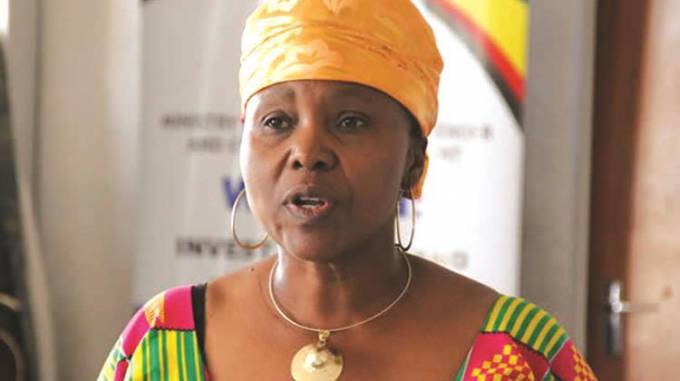
The Sunday Mail

Writing Back
Ranga Mataire
Last Wednesday, the curtain finally came down on Sadc elections, with the holding of presidential and national assembly elections in Namibia.
Although final results are still to be released, the successful holding of peaceful elections in the Land of the Brave caped a tremendous year for Sadc which this year held elections in Mozambique, Botswana, Mauritius and Namibia.
Mozambique had elections on October 15, Botswana on October 23, Mauritius on November 7, while Namibia had hers on November 27.
All the elections were observed by number of local, regional and international organisations, including the Sadc Electoral Observation Mission (SEOMs), which validated all the elections as having been held in tandem with Sadc Principles and Guidelines Governing Democratic Elections
Ruling parties in all the countries that held elections maintained their dominance in both the presidential and parliamentary vote.
Many will remember that Namibia was the first country in the region to use electronic voting and once again the system proved efficient and transparent.
Even before the announcement of the final results, the South West African People’s Organisation (Swapo) was poised to have a better share of the votes for the presidential and general assembly plebiscites.
Since independence, Swapo has performed exceptionally well as a governing party among all former liberation movements in the region.
None among contemporary former liberation movements that are governing parties in their respective countries have managed to maintain the degree of support that Swapo has consistently managed to attain in successive elections.
Namibia’s first democratic elections were first held under the supervision of the United Nations (UN) in November 1989 for constituent assembly.
The country has since then maintained a democratic tradition of holding national assembly and presidential elections after every five years.
During the last poll in 2014, Swapo garnered 80 percent votes while its presidential candidate, Hage Geingob, had about 87 percent of the votes cast.
While Geingob might not get the same numbers this time around, he and his party are nevertheless assured of victory.
Swapo has since independence managed to rally Namibians behind its two mantras: “One Namibia, one nation” and “Swapo is the nation and the nation is Swapo.”
However, the coming into the fold of the born frees has somewhat changed the complexion of the voting patterns, particularly in the just-ended elections.
For the first time, Swapo’s presidential candidate is likely to garner less votes than the party.
President Geingob faced a fierce contest from a fellow Swapo member, Panduleni Itula, who registered as an “independent” candidate using a loophole in the country’s electoral Act and also in the ruling party, which is silent about a member deciding to stand as an independent.
Itula refused to leave Swapo and claimed that he had the right to challenge the official party candidate using the analogy of a family feud, which allows you to stay in the family while seeking solutions to amicably settle the contention.
Preliminary results released last Friday showed Geingob leading by 56.56 percent followed by Itula with 28.03 and the leader of the Popular Democratic Movement, McHenry Venaani who had 5.81 percent.

A provisional report submitted by the Head of Sadc Electoral Observation Mission, Honorable Oppah Muchinguri-Kashiri states that based on the mission’s observation of 183 polling stations in the 14 regions of the Republic of Namibia, it was ascertained that the environment at the polling stations was generally peaceful with police present at all polling stations and generally conducted themselves in a professional manner.
The mission also observed that at some polling stations there was poor signage and that 62 percent of the polling stations opened on time while 38 percent did not for a variety of reasons, including inadequate ink, technical challenges, weather and late arrival of polling officers.
At least 6 percent of the polling stations observed, complaints were lodged by aggrieved parties over a variety of issues but this notwithstanding, voting largely proceeded in an orderly manner with most polling stations observed posting the results outside the station.
In all conclusion, the Sadc observer mission observed that the pre-election and voting phases of the 2019 presidential and national assembly elections were generally peaceful, well-organised and conducted in a professional manner which enabled voters to express their democratic right with those seeking office being able to campaign freely.
All in all, democracy triumphed and the region can take pride in being able entrench a tradition of holding credible, free and fair elections.



